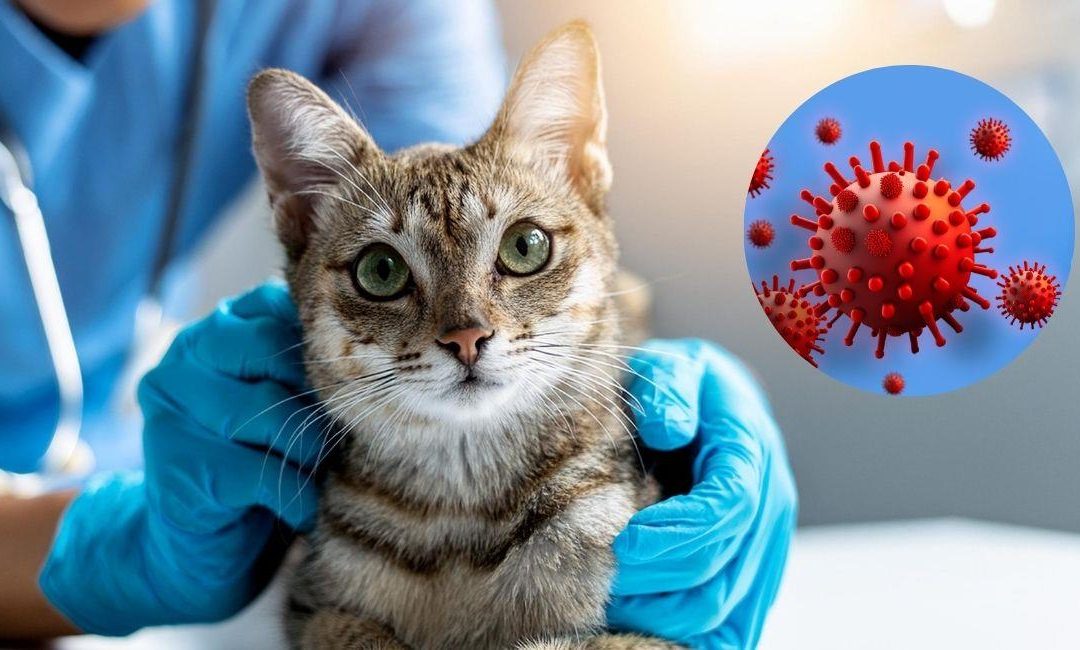The total number of cases identified in domestic cats has risen to 85 since 2022.
More cases of highly pathogenic avian influenza in domestic cats were identified following the cases in Oregon and California related to raw cat food and unpasteurized milk. In January, the U.S. Department of Agriculture’s Animal and Plant Health Inspection Service confirmed cases of bird flu affecting domestic cats in Colorado, California, South Dakota, Oregon, Kansas, Louisiana, Iowa and Minnesota. In total, 21 cases were detected in January, although many of the samples were collected in December 2024. This brings the total number of cases identified in domestic cats to 85 since 2022.
The first case occurred in Linn County, Oregon, in December 2022. Since then, cases have occurred throughout the U.S. All of these HPAI infections in domestic cats have been west of the Appalachian Mountains. The cases corresponded to the Pacific, Central and Mississippi flyway routes used by migrating birds.
Earlier this month in San Mateo County, California, a stray cat tested positive for H5N1 avian influenza, reported The Mercury News. The cat was taken in by a family. The family brought the cat to a veterinarian after it started showing symptoms of illness. Lab results confirmed the bird flu infection, and the cat was euthanized due to its condition. No humans were infected.
Extruded pet foods safe from HPAI
Following the cases of bird flu in pet cats, the Global Alliance of Pet Food Associations (GAPFA) released a statement affirming the safety of extruded dry pet food and heat-treated, hermetically sealed poultry meat products, including pet food, regardless of HPAI disease outbreak status in the region where raw materials originated. GAPFA asserted that these processing methods inactivate the HPAI virus according to guidelines set forth by the World Organization of Animal Health and published in the Terrestrial Animal Health Code in 2021.
“A high level of scientific rigor went into the evaluation of the inactivation of the Highly Pathogenic Avian Influenza Virus (HPAI) in extruded dry pet food and in heat treated, hermetically sealed poultry meat products including pet food to meet the conditions in the Terrestrial Code. This assures that pet food meeting these conditions can continue to be safely traded regardless of the disease outbreak status of a producing country”, Loretta Hunter, GAPFA president, said in a statement.

